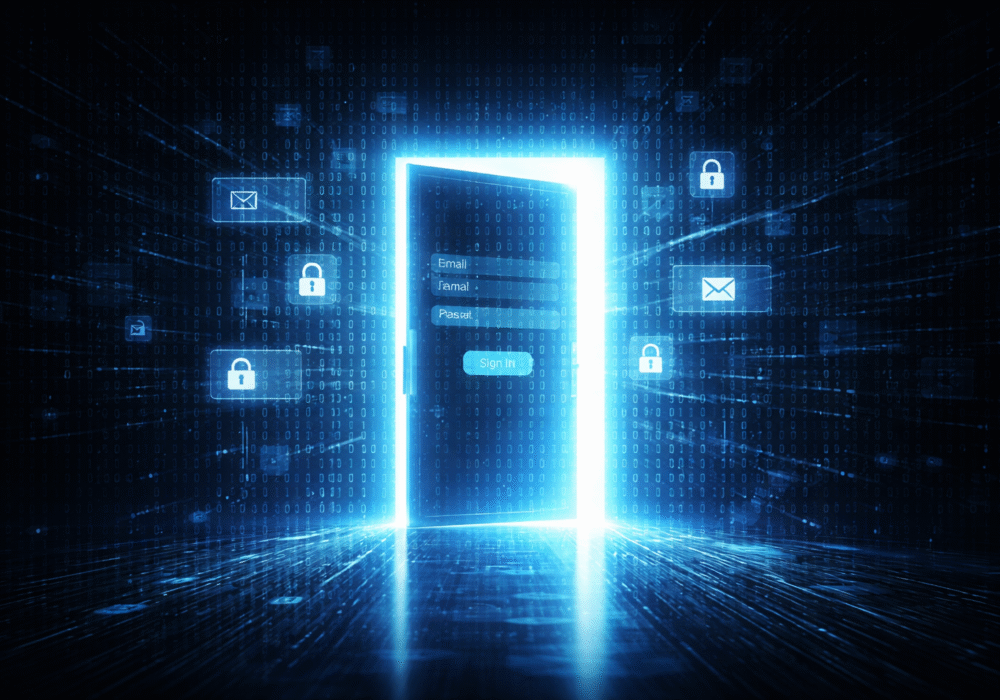Integrity is the property whereby information (data), an information system, or a component of a system has not been modified or destroyed in an unauthorized manner. It is also a state in which information has remained unaltered from the point it was produced by a source, during transmission, storage, and eventual receipt by the destination.
Data Integrity is important when working with critical and sensitive information. For example, if you leave your salary data on a shared drive in your file server and this is what ADP keys off of when Payroll is completed, what would happen if an employee took advantage of a new HR person doing payroll by changing the excel spreadsheet on salaries? Would you discover the integrity of the Salary Excel had been compromised (not to mention the confidentiality)?
Here are some actions CyberHoot recommends to protect Data Integerity:
Related Terms: Privacy, Availability, Confidentiality, Data Integrity, System Integrity
Source: CNSSI 4009, NIST SP 800-53 Rev 4, 44 U.S.C., Sec 3542, SANS; From SAFE-BioPharma Certificate Policy 2.5
Discover and share the latest cybersecurity trends, tips and best practices – alongside new threats to watch out for.

Ransomware groups are not breaking in organizations the same way they did five years ago. The entry methods have...
Read more
If a Chrome extension promises to remove security pop-ups and generate MFA codes, that should make you...
Read more
Cyberattacks usually start with phishing emails or weak passwords. This one did not. Security researchers...
Read moreGet sharper eyes on human risks, with the positive approach that beats traditional phish testing.
